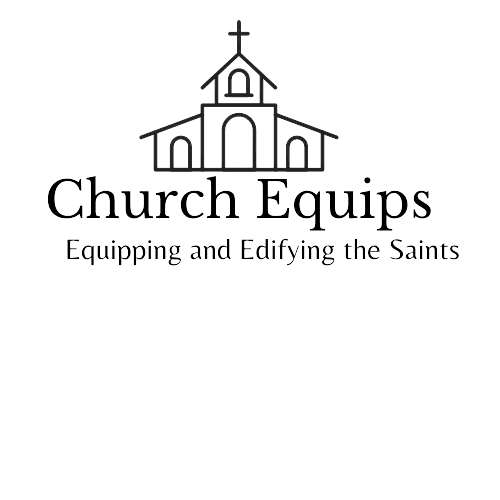Introduction
Moses—The Reluctant Leader Used Mightily by God
Moses is one of the most significant figures in the Bible, revered as a prophet, leader, lawgiver, and servant of God. His life is a testimony to God’s sovereign calling, the power of obedience, and the grace of God working through human weakness.
From the burning bush to Mount Sinai, from the Red Sea to the wilderness, the story of Moses teaches us enduring lessons on faith, leadership, humility, and perseverance. Assurance of Salvation Scriptures and Verses Explain
EVENTS IN THE LIFE OF MOSES
1. God’s Sovereign Call in Unlikely Places
Moses’ story begins in Exodus 2, where he is born during a time of great affliction. Pharaoh had commanded, “Every son that is born ye shall cast into the river” (Exodus 1:22), yet God preserved Moses through divine providence. Placed in an ark of bulrushes, he was discovered by Pharaoh’s daughter and raised in the Egyptian palace.
Though raised among royalty, Moses fled Egypt after slaying an Egyptian who was oppressing a Hebrew (Exodus 2:12–15). He spent forty years in the land of Midian as a shepherd.
Then, at eighty years old, God called to him from a burning bush, saying, “Come now therefore, and I will send thee unto Pharaoh, that thou mayest bring forth my people the children of Israel out of Egypt” (Exodus 3:10).
This reminds us that God’s calling often comes in unexpected seasons of life. He raises up deliverers not from thrones but from deserts.

2. Weakness Is No Obstacle to God
Moses responded to God’s call with hesitation: “Who am I, that I should go unto Pharaoh?” (Exodus 3:11). He continued with excuses, saying he was “slow of speech, and of a slow tongue” (Exodus 4:10), pleading, “O my Lord, send, I pray thee, by the hand of him whom thou wilt send” (Exodus 4:13).
But God assured him, “Certainly I will be with thee” (Exodus 3:12), and provided Aaron, his brother, as a spokesman.
This shows that human frailty is no hindrance to divine power. As the Apostle Paul later wrote, “My strength is made perfect in weakness” (2 Corinthians 12:9). Moses’ reluctance became the backdrop for God’s glory.
3. Faith That Confronts Pharaoh
Empowered by God’s promise, Moses boldly stood before Pharaoh, declaring, “Thus saith the LORD God of Israel, Let my people go” (Exodus 5:1). Though Pharaoh’s heart was hardened, God displayed His supremacy through ten mighty plagues that judged Egypt’s gods and brought Israel’s deliverance.
Hebrews 11:27 declares, “By faith he forsook Egypt, not fearing the wrath of the king: for he endured, as seeing him who is invisible.”
Moses’ courage teaches us that faith does not cower before power. When we see the invisible God, we can stand firm against visible opposition.
4. A Wilderness of Trials and Leadership
After the miraculous parting of the Red Sea (Exodus 14), Moses led a murmuring, stiff-necked people through the wilderness for forty years. They often complained, rebelled, and turned from God. Yet Moses interceded for them: “Yet now, if thou wilt forgive their sin… and if not, blot me, I pray thee, out of thy book” (Exodus 32:32).
Through all the trials, Moses remained faithful to his charge. He was not a perfect man—he erred in striking the rock (Numbers 20:11–12)—but he was a faithful servant. Leadership in God’s kingdom means persistence, prayer, and a heart anchored in God’s word.
5. A Life of Intimacy With God
One of the most beautiful statements in Scripture is found in Exodus 33:11: “And the LORD spake unto Moses face to face, as a man speaketh unto his friend.” Moses’ relationship with God was marked by closeness and reverence. When God offered to send an angel to go before Israel instead of His own presence, Moses pleaded: “If thy presence go not with me, carry us not up hence” (Exodus 33:15).
Moses’ longing was not merely for success but for fellowship with God. His heart cry should be ours as well: “Shew me now thy way, that I may know thee” (Exodus 33:13).
Conclusion: The Legacy of Moses
Moses’ life teaches us that:
- God calls us in our weakness and uses us for His glory.
- Faith enables us to confront powers greater than ourselves.
- Leadership demands humility, endurance, and intercession.
- Intimacy with God is the highest pursuit of life.
Although Moses did not enter the Promised Land (Deuteronomy 34:4), his legacy was not diminished. God Himself buried him (Deuteronomy 34:5–6), and centuries later, Moses appeared with Elijah on the Mount of Transfiguration, speaking with Jesus (Matthew 17:3).
Let us strive, like Moses, to walk humbly with God, to trust Him beyond fear, and to seek His presence more than His blessings. May our hearts echo his desire: “That I may know thee” (Exodus 33:13).






